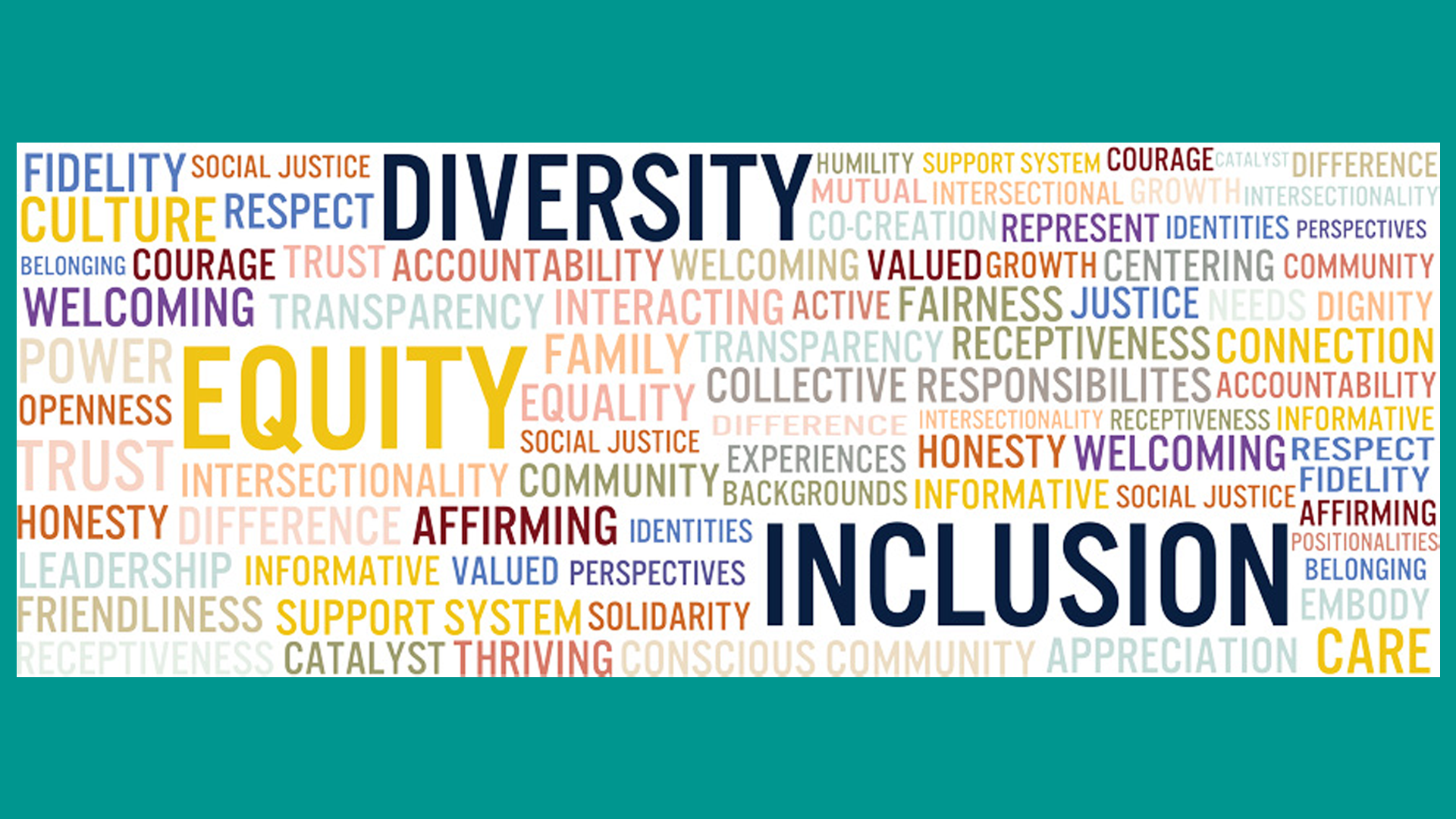Resources and Education

The Skating Club of Boston encourages everyone in its community to submit ideas for additional resources, literature and terminology to further enrich the information provided here.
U.S. Figure Skating
U.S. Figure Skating has taken an important first step in addressing the need to become a more welcoming and inclusive organization, specifically for Black, Indigenous and other People of Color (BIPOC). Learn More
Professional Skaters Association
The Professional Skaters Association is dedicated to providing continuing education and accreditation to ice skating professionals in a safe and ethical environment, and training quality coaches around the world. Learn More
SkateSafe
U.S. Figure Skating strives to provide a safe environment for its members that is free of misconduct and harassment. The association will not tolerate or condone any form of harassment or misconduct of any of its members, including athletes, coaches, officials, directors, employees, parents, volunteers or any other persons while they are participating in or preparing for a figure skating activity or event conducted under the auspices of U.S. Figure Skating. Learn More
SafeSport
The U.S. Center for SafeSport is an independent 501c(3) non-profit organization focused on ending all forms of abuse in sport. They endeavor to make athlete well-being the centerpiece of the nation’s sports culture through abuse prevention, education, and accountability. Learn More
The Massachusetts Interscholastic Athletic Association (MIAA) and Massachusetts School Administrators’ Association (MSAA)
The MSAA/MIAA DEI committee is committed to promoting social inclusion and attitudes of nondiscrimination towards cultures, gender, race, disabilities, sexual orientation and religion. Massachusetts has nation-leading programs in support of LGBTQ individuals, Special Olympics, Unified Sports and Para Sports inclusion integrated with MSAA/MIAA sports and Educational Athletics programs. Learn More
The National Collegiate Athletic Association (NCAA) Office of Inclusion
The NCAA office of inclusion advances diversity, equity and inclusion in college athletics for over 1,100 member schools and athletics conferences. The office supports student-athletes and individuals who teach and lead across the core areas of disability, international, LGBTQ, race/ethnicity and women. Learn More
Affirmative Action – Proactive policies and procedures for remedying the effect of past discrimination and ensuring the implementation of equal employment and educational opportunities, for recruiting, hiring, training, and promoting women, minorities, people with disabilities and veterans in compliance with the federal requirements enforced by the Office of Federal Contract Compliance Programs.
Ageism – Discrimination against individuals because of their age, often based on stereotypes.
BIPOC – An acronym for Black, Indigenous and People of Color.
Bisexuality – Romantic and/or sexual attraction to people of more than one sex and/or gender, not necessarily at the same time, not necessarily in the same way, and not necessarily to the same degree.
Cisgender – A gender identity where an individual’s self-perception of their gender aligns with their perceived sex.
Cultural Pluralism – Recognition of the contribution of each group to a common civilization. It encourages the maintenance and development of different lifestyles, languages and convictions. It strives to create conditions of harmony and respect within a culturally diverse society.
Culture – A social system of meaning and custom that is developed by a group of people to assure its adaptation and survival. These groups are distinguished by a set of unspoken rules that shape values, beliefs, habits, patterns of thinking, behaviors and styles of communication.
Disability – Physical or mental impairment, the perception of a physical or mental impairment, or a history of having had a physical or mental impairment that substantially limits one or more major life activities.
Discrimination – Unfavorable or unfair treatment towards an individual or group based on their race, ethnicity, color, national origin or ancestry, religion, socioeconomic status, education, sex, marital status, parental status, veteran’s status, political affiliation, language, age, gender, physical or mental abilities, sexual orientation or gender identity.
Diversity – Psychological, physical, and social differences that occur among any and all individuals; including but not limited to race, ethnicity, nationality, religion, socioeconomic status, education, marital status, language, age, gender, sexual orientation, mental or physical ability, and learning styles. A diverse group, community, or organization is one in which a variety of social and cultural characteristics exist.
Equality – Evenly distributed access to resources and opportunity necessary for a safe and healthy life; uniform distribution of access to ensure fairness.
Equity – The guarantee of fair treatment, access, opportunity, and advancement while at the same time striving to identify and eliminate barriers that have prevented the full participation of some groups. The principle of equity acknowledges that there are historically underserved and underrepresented populations and that fairness regarding these unbalanced conditions is needed to assist equality in the provision of effective opportunities to all groups.
Ethnicity – A social construct which divides people into smaller social groups based on characteristics such as values, behavioral patterns, language, political and economic interests, history, and ancestral geographical base.
Feminism – Theory and practice that advocates for educational and occupational equity between men and women; undermines traditional cultural practices that support the subjugation of women by men and the devaluation of women’s contributions to society.
Gaslighting – A form of psychological manipulation in which a person or a group covertly sows seeds of doubt in a targeted individual or group, making them question their own memory, perception, or judgment, often evoking in them cognitive dissonance and other changes, including low self-esteem.
Gay – People of the same sex who are attracted sexually and emotionally to each other. More commonly utilized to describe male attraction to other males.
Gender – The socially constructed ideas about behavior, actions, and roles a particular sex performs.
Gender Identity – A personal conception of one’s own gender; often in relation to a gender opposition between masculinity and femininity. Gender expression is how people externally communicate or perform their gender identity to others.
Gender Non-Confirming – Used to describe those who view their gender identity as one of many possible genders beyond strictly man or woman. These individuals have expanded notions of gender expression and identity beyond what is perceived as the expected gender norms for their society or context.
Heterosexism – Social structures and practices which serve to elevate and enforce heterosexuality while subordinating or suppressing other forms of sexuality.
Homophobia – A fear of individuals who are not heterosexual. Often results in hostile, offensive, or discriminatory action against a person because they are gay, lesbian, bisexual, transgendered, queer identified, or because they are perceived to be. These actions may be verbal or physical and can include insulting or degrading comments; taunts or ‘jokes’; and excluding or refusing to cooperate with others because of their sexuality.
Human Rights – The basic rights and freedoms to which all humans are entitled, often held to include the right to life and liberty, freedom of thought and expression, and equality before the law. (The American Heritage Dictionary of the English Language)
Identity Group – A particular group, culture, or community with which an individual identifies or shares a sense of belonging. Individual agency is crucial for identity development; no person should be pressured to identify with any existing group, but instead the freedom to self-identify on their own terms.
Implicit Bias – Implicit biases are negative associations that people unknowingly hold. They are expressed automatically and without conscious awareness.
Intersectionality – The ways in which oppressive institutions (racism, sexism, homophobia, transphobia, ableism, xenophobia, classism, etc.) are interconnected and cannot be examined separately from one another.
Lesbian – A woman whose primary sexual attraction is to other women.
LGBTQ (QIA) – Acronym for “Lesbian Gay Bisexual Transgender Queer (Questioning Intersex Allies).” The description of the movement expanded from gay and lesbian to LGBTQ and some include questioning, intersex, allies, same-gender-loving, asexual, pansexual, and polyamorous.
Microaggressions – The everyday verbal, nonverbal, and environmental slights, snubs, or insults, whether intentional or unintentional, which communicate hostile, derogatory, or negative messages to target persons based solely upon their marginalized group membership.
Neurodiversity – Refers to the variation in the human brain regarding sociability, learning, attention, mood, and other mental functions.
Norm – An ideal standard binding upon the members of a group and serving to guide, control, or regulate power and acceptable behavior.
Personal Gender Pronoun – The pronoun or set of pronouns that an individual personally uses and would like others to use when referring to them.
Queer – Term used to refer to people or culture of the lesbian, gay, bisexual, transgender community. A term once perceived as derogatory is now embraced by some members of the LGBTQ community.
Stereotype – A positive or negative set of beliefs held by an individual about the characteristics of a certain group. (The National Multicultural Institute)
Light For The World To See: A Thousand Words on Race and Hope
By Kwame Alexander
View on Amazon
